Many New York opera shows feature internationally acclaimed singers, conductors, and musicians, ensuring top-tier performances.

Box office tickets
Instantly confirmed to your phone

Choose the best seats
The view you want, every time

Exclusive deals & discounts
Save big on New York's best shows

Book and relax
Trusted by 38 million guests and counting
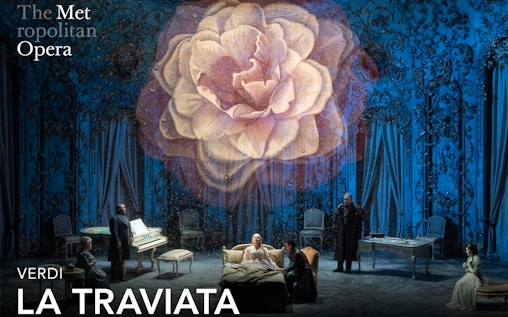
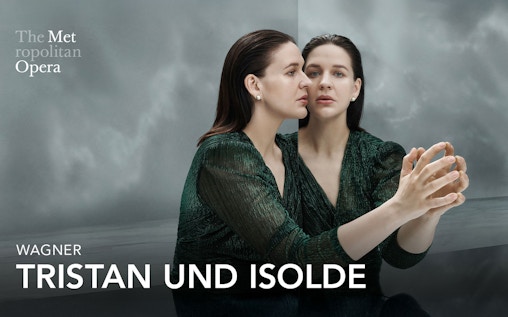
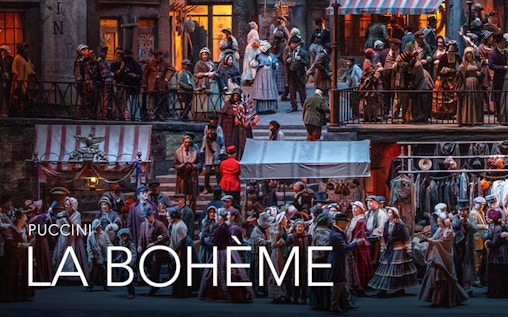
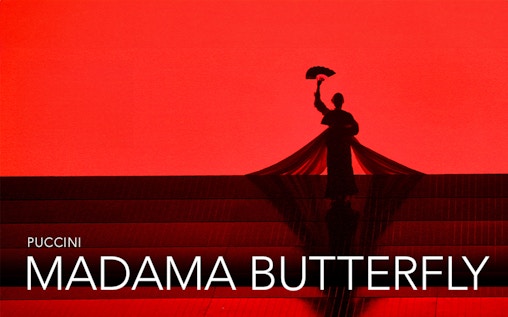
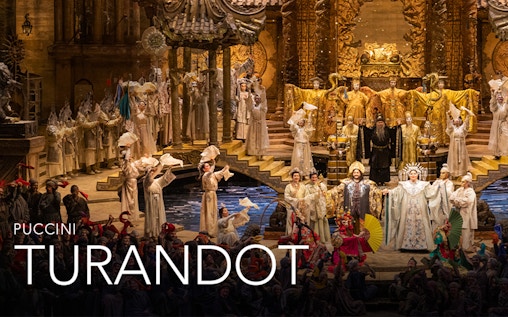
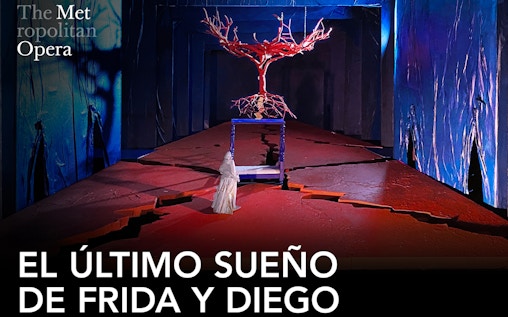
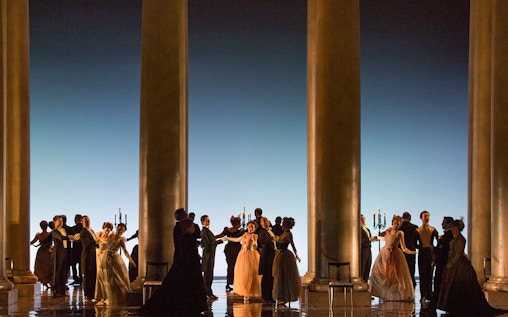
What to expect from operas in New York?
🌟 World-class productions
Types of operas in New York
New York opera houses showcase a variety of styles, from classic European works to contemporary American productions. Here’s a look at different opera genres and some must-see performances:
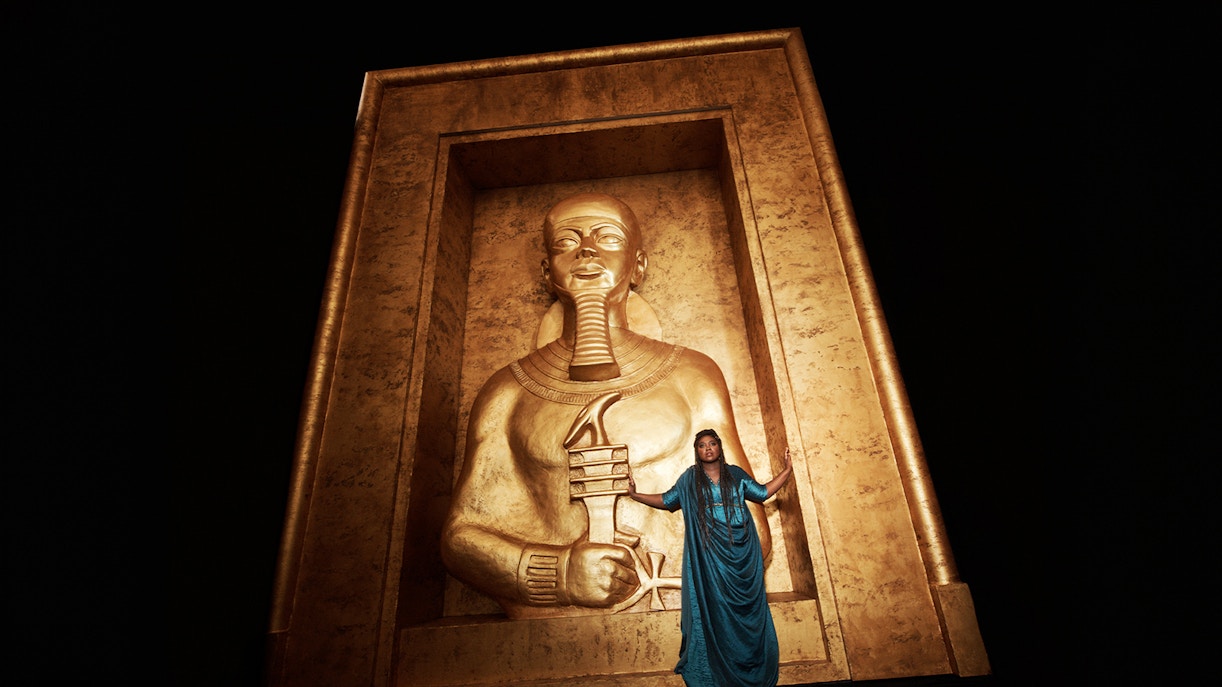
These operas, composed by legends like Mozart, Verdi, and Puccini, follow traditional structures with orchestral music, arias, and grand storytelling. Expect timeless themes of love, betrayal, and fate in productions like Le Nozze di Figaro and Aida.
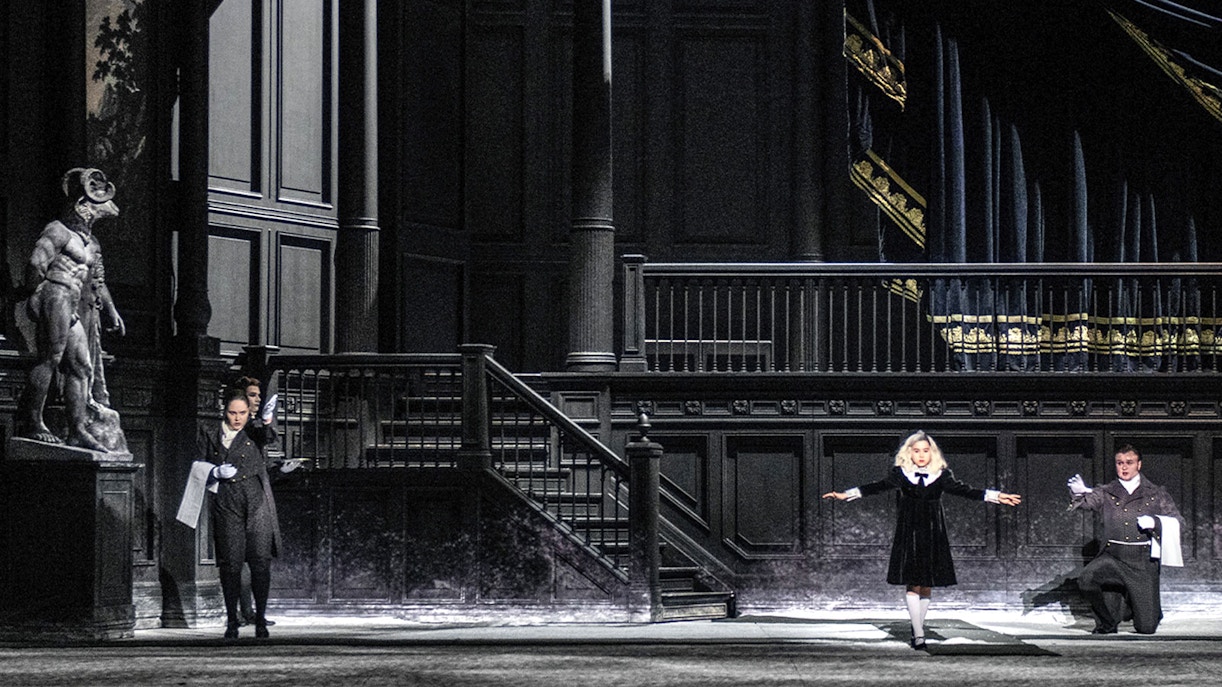
Filled with intense emotions and high-stakes narratives, these operas showcase powerful vocals and deeply moving scores. Productions like The Queen of Spades and Salome explore dark themes, passion, and sacrifice.
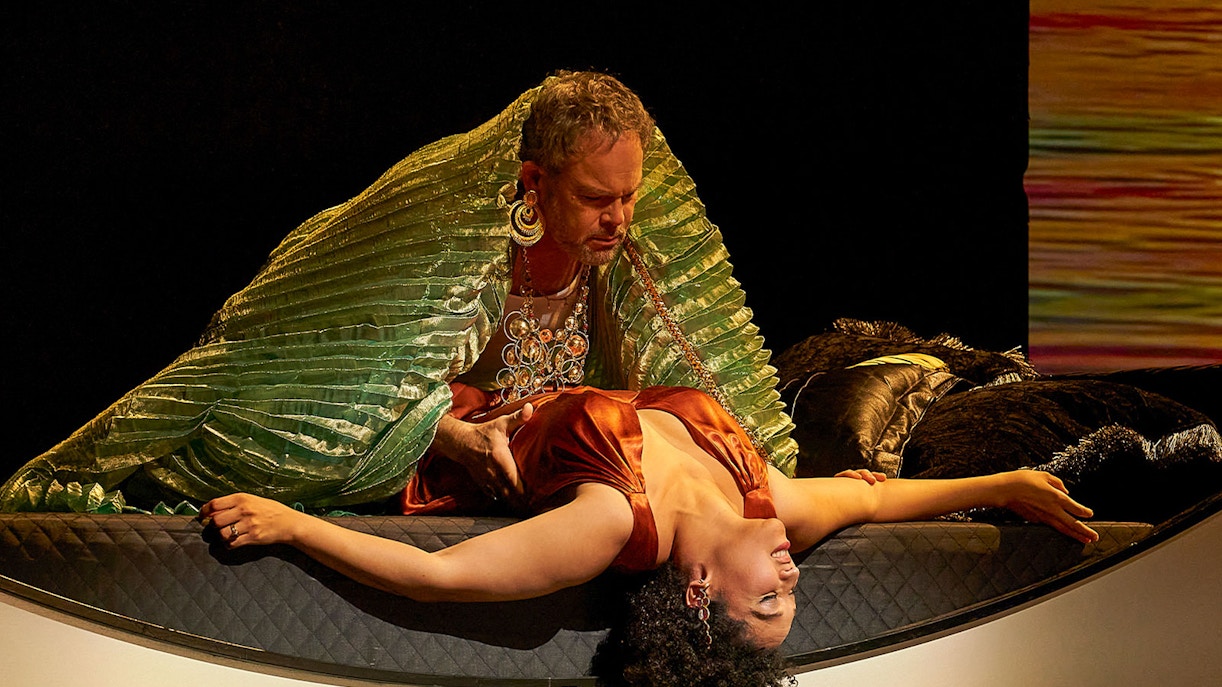
Blending modern compositions, innovative staging, and new storytelling techniques, these operas push creative boundaries. Works like Moby-Dick and Antony and Cleopatra incorporate cinematic elements and non-traditional music styles.
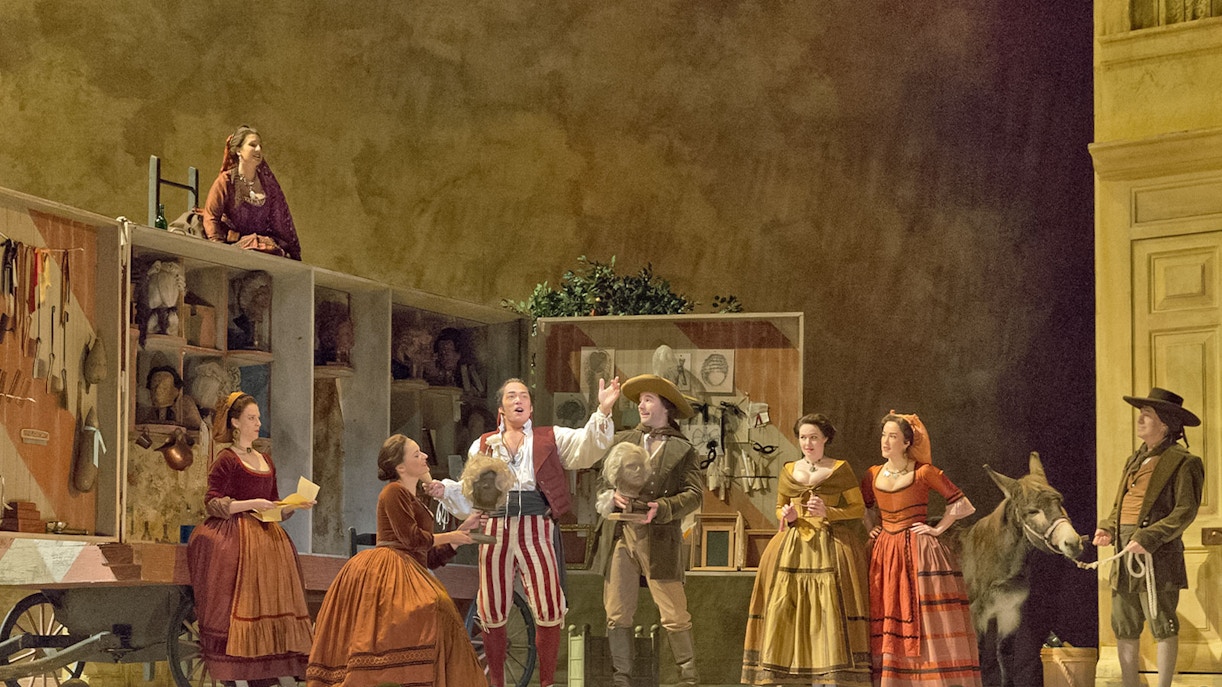
These operas use humor, witty dialogue, and fast-paced action to entertain audiences. Featuring clever disguises and mistaken identities, classics like Il Barbiere di Siviglia offer playful and energetic performances.
Major opera companies in New York
Several renowned opera companies shape New York’s vibrant opera scene, producing both classic and contemporary works:
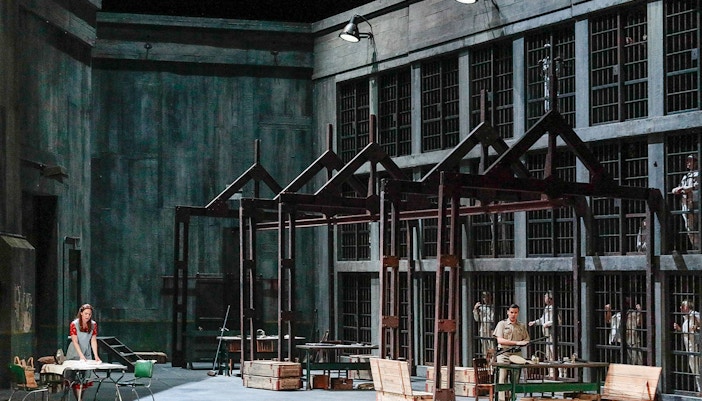
The Metropolitan Opera
One of the world’s leading opera companies, The Met is known for its lavish productions, international stars, and innovative stagings.
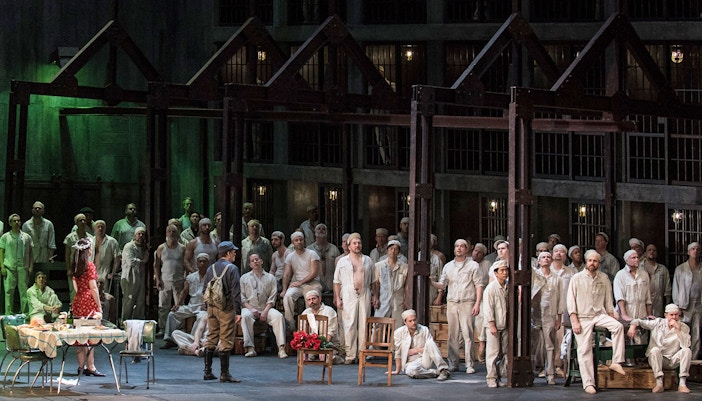
New York City Opera (NYCO)
Founded to make opera more accessible and affordable, NYCO presents modern and experimental works alongside traditional classics.
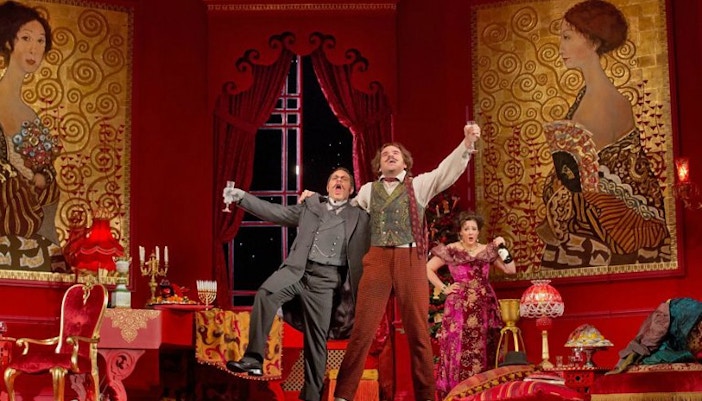
American Lyric Theater
A hub for new opera development, this company focuses on creating and nurturing contemporary opera productions.
Popular venues for operas in New York
New York operas are staged in some of the world’s most celebrated theatres, known for their rich history, acoustics, and grand performances:
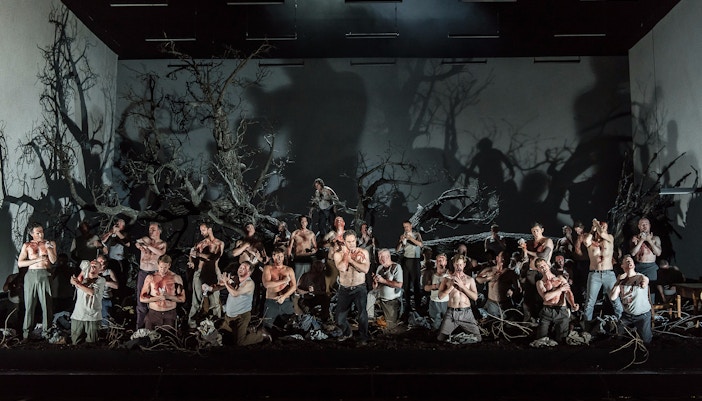
The Metropolitan Opera House (The Met)
The crown jewel of New York opera, The Met hosts stunning productions with elaborate staging, world-renowned artists, and groundbreaking interpretations.
About the venue
Carnegie Hall
A legendary venue known for exceptional acoustics, Carnegie Hall presents intimate opera concerts and recitals featuring top vocalists.
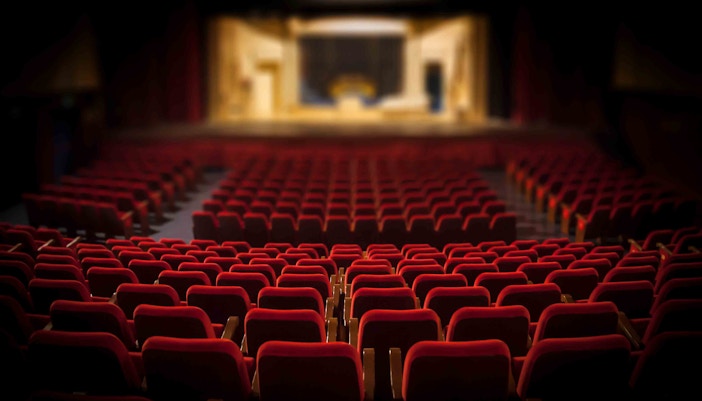
David H. Koch Theater (Lincoln Center)
Home to the New York City Opera, this theater is known for bold productions and an emphasis on accessibility in opera.
About the venueDiscover more
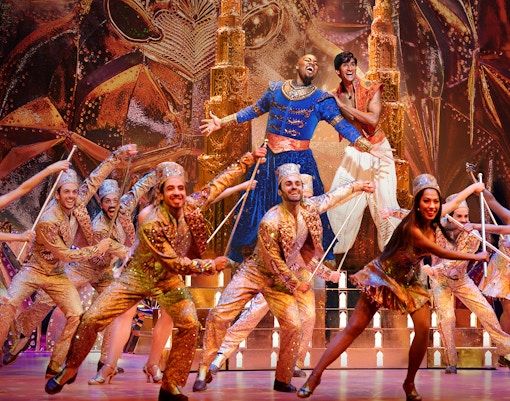
Musicals
Feel the rhythm of Broadway musicals, where unforgettable songs and dazzling choreography take center stage.
Know more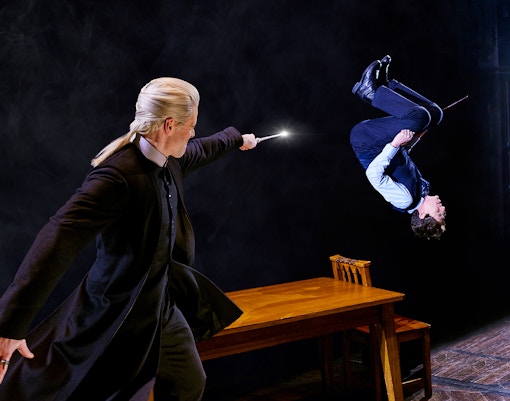
Fantasy shows
Step into a world of wonder with Broadway fantasy shows, where magic, myths, and epic adventures come to life on stage.
Know more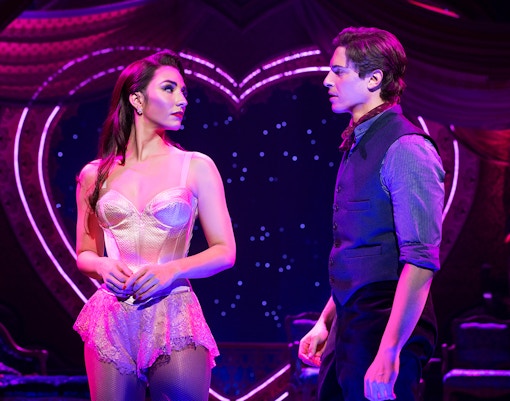
Romance shows
Experience the grandeur of Broadway romance shows, where love, passion, and unforgettable music come to life.
Know more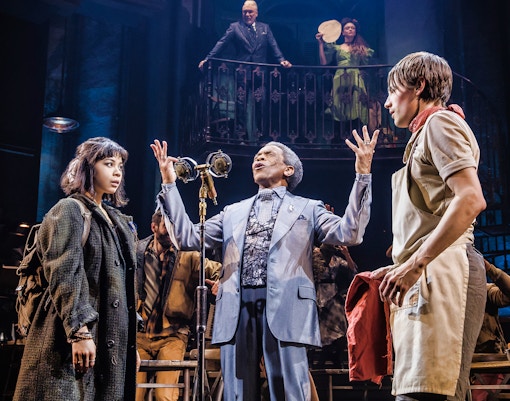
Drama shows
Immerse yourself in Broadway drama shows, where compelling narratives and powerful acting create unforgettable moments.
Know moreFrequently asked questions about operas in New York
Absolutely! Many venues offer subtitled performances (surtitles), making it easier for first-time audiences to follow the storyline and enjoy the experience.
While there’s no strict dress code, most attendees opt for formal or semi-formal attire, especially for evening performances at The Met.
Operas in New York are performed in various languages, including Italian, French, German, and English, depending on the original composition.
Yes, most operas feature surtitles (translated subtitles displayed above the stage), allowing audiences to follow the story even if they don’t speak the language of the performance.
Operas are typically divided into acts and scenes, with some productions having two to four acts. Each act tells a significant part of the story, usually separated by an intermission where audiences can take a break.
Most operas run between 2.5 to 4 hours, including one or two intermissions. Some shorter operas or modern adaptations may last around 90 minutes without a break.
An opera is typically fully sung, with dramatic storytelling and orchestration, while an operetta is a lighter, more comedic form of opera that includes spoken dialogue.
Not at all! Surtitles and the expressive performances of opera singers help convey the story. Many first-time opera-goers enjoy the experience purely for the music, emotion, and spectacle.
A recitative is a style of singing that is closer to spoken dialogue, used to move the story forward between arias (songs). It’s often accompanied by minimal music.
Yes! Some operas, like Die Zauberflote, are great for families and children, with lighter themes, magical elements, and shorter runtimes.
A live opera orchestra provides rich, immersive sound, often conducted by a world-class maestro. Unlike musicals, where songs may pause the action, in opera, the orchestra plays continuously, shaping the mood and drama of the performance.
Happy customers across 10,000+ experiences
5,000+ verified reviews with 90% excellent score
All the outdoor activities are 100% safe and secure
Have a question? Live chat with local experts anywhere, anytime




